EDITORIAL
Published on 23 Jun 2022
Editorial: Novel Insights Into Obesity-Related Diseases
doi 10.3389/fphys.2022.952682
- 1,355 views
- 1 citation
19k
Total downloads
73k
Total views and downloads
EDITORIAL
Published on 23 Jun 2022
CORRECTION
Published on 09 Jun 2022
ORIGINAL RESEARCH
Published on 07 Apr 2022

ORIGINAL RESEARCH
Published on 01 Apr 2022

REVIEW
Published on 16 Mar 2022

ORIGINAL RESEARCH
Published on 10 Mar 2022
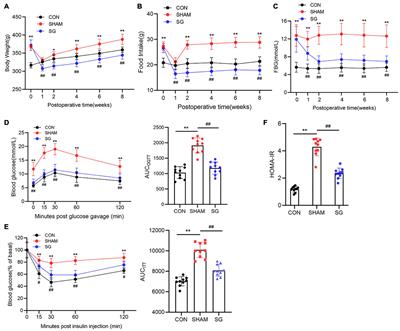
CORRECTION
Published on 08 Mar 2022
ORIGINAL RESEARCH
Published on 25 Nov 2021
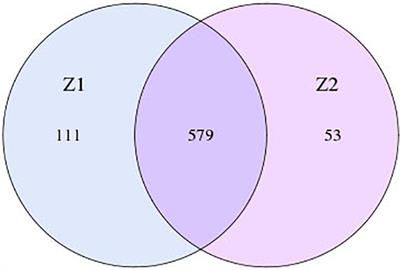
ORIGINAL RESEARCH
Published on 11 Nov 2021
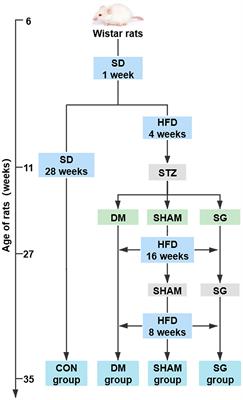
ORIGINAL RESEARCH
Published on 08 Nov 2021
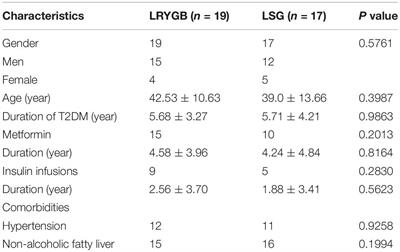
MINI REVIEW
Published on 28 Oct 2021
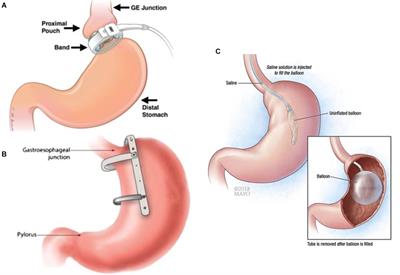
REVIEW
Published on 30 Aug 2021
